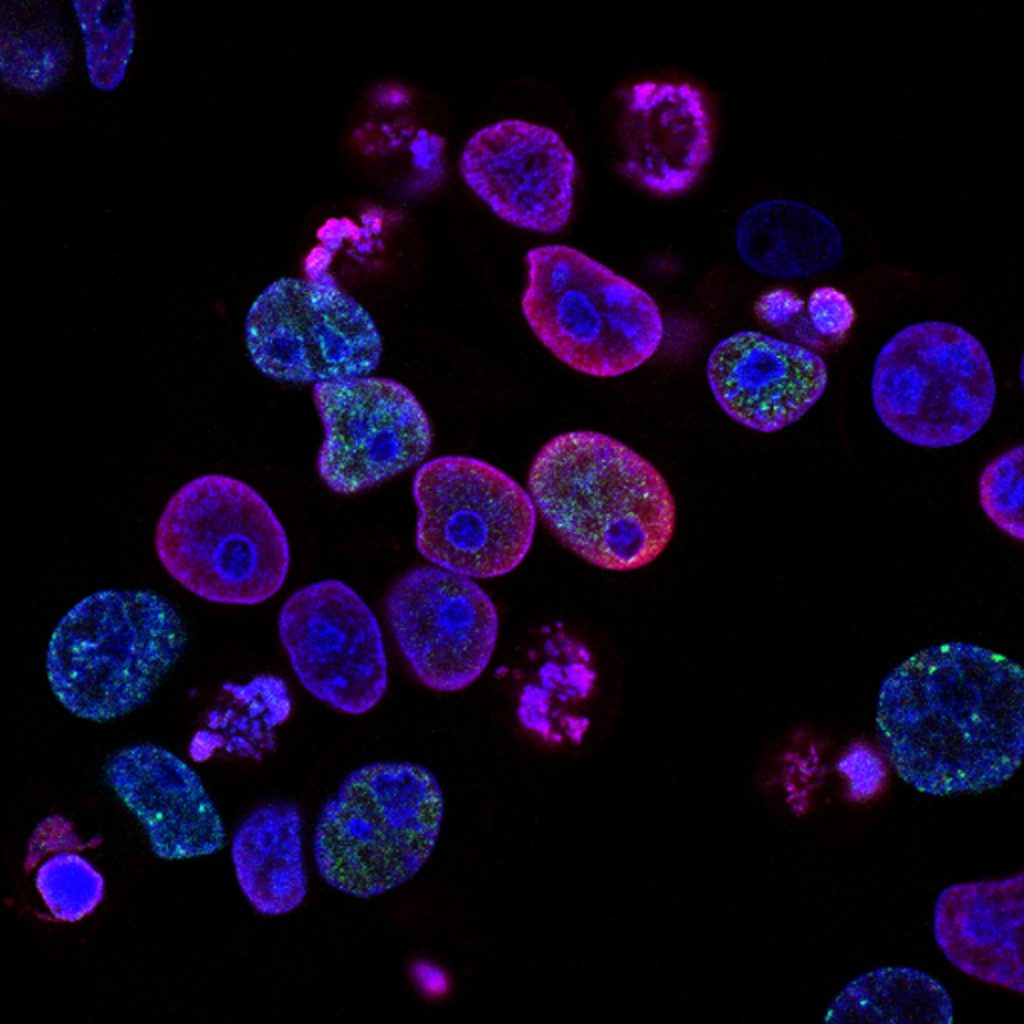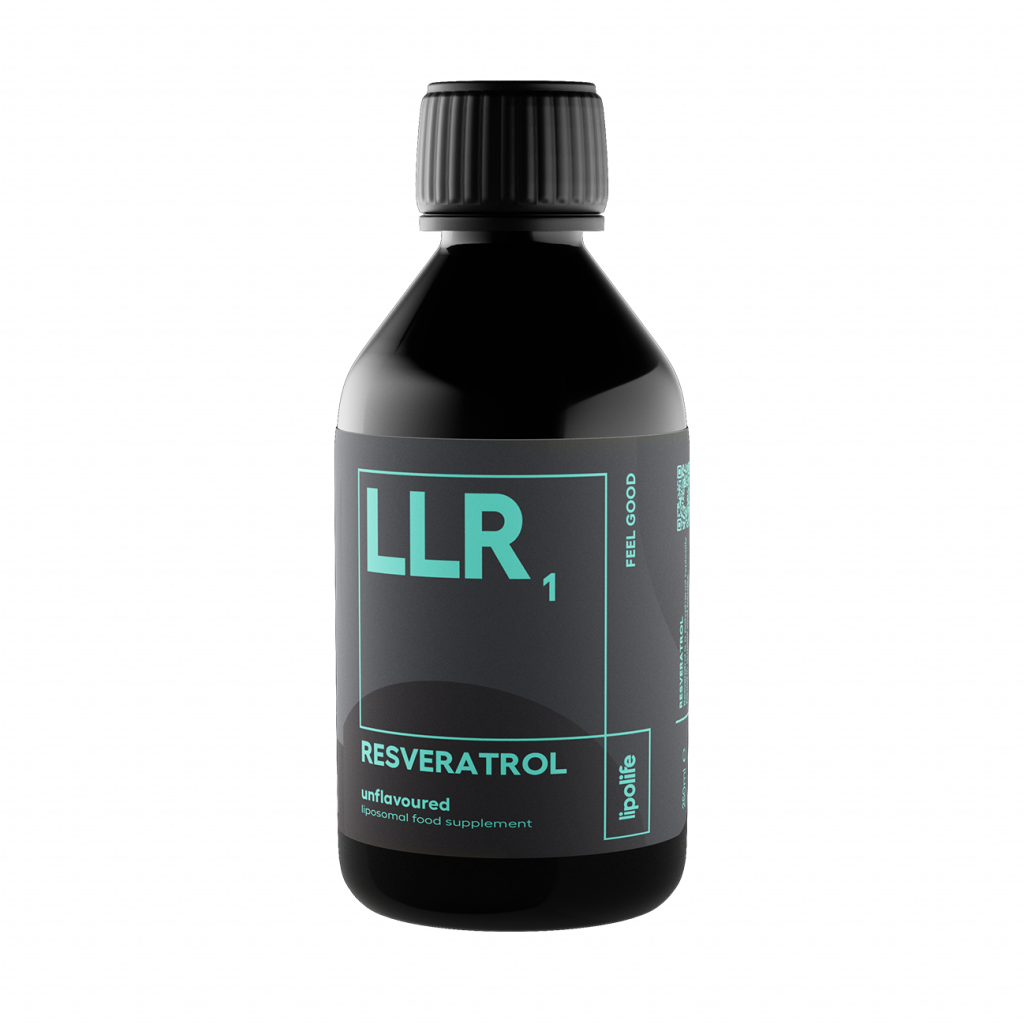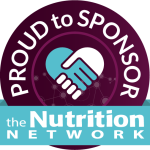DID YOU KNOW
Fresh grape skin contains about 50 to 100 μg of resveratrol per gram net weight which subsequently contributes to a relatively high concentration of resveratrol in red wine and grape juice.
Heart Health
Glucose Tolerance
Improving Metabolism

Resveratrol has been examined in relation to the reversal of impaired glucose tolerance or prediabetes.
Short-term supplementation with resveratrol has been associated with having beneficial effects on glucose and lipid metabolism in individuals with type 2 diabetes which typically occurs in those with impaired glucose tolerance.




‘‘
[Supplementation with resveratrol] may have clinical utility in many situations where improved physical performance needs to be augmented due to the patient's inability to perform intense exercise
References
Szmitko PE, Verma S. Cardiology patient pages. Red wine and your heart. Circulation. 2005 Jan 18;111(2):e10-1. doi: 10.1161/01.CIR.0000151608.29217.62. PMID: 15657377.
Movahed A, Nabipour I, Lieben Louis X, Thandapilly SJ, Yu L, Kalantarhormozi M, Rekabpour SJ, Netticadan T. Antihyperglycemic effects of short term resveratrol supplementation in type 2 diabetic patients. Evid Based Complement Alternat Med. 2013;2013:851267. doi: 10.1155/2013/851267. Epub 2013 Sep 1. PMID: 24073011; PMCID: PMC3773903.
Kan, N. W., Lee, M. C., Tung, Y. T., Chiu, C. C., Huang, C. C., & Huang, W. C. (2018). The Synergistic Effects of Resveratrol combined with Resistant Training on Exercise Performance and Physiological Adaption. Nutrients, 10(10), 1360. https://doi.org/10.3390/nu10101360
Baltaci, S. B., Mogulkoc, R., & Baltaci, A. K. (2016). Resveratrol and exercise. Biomedical reports, 5(5), 525–530. https://doi.org/10.3892/br.2016.777



